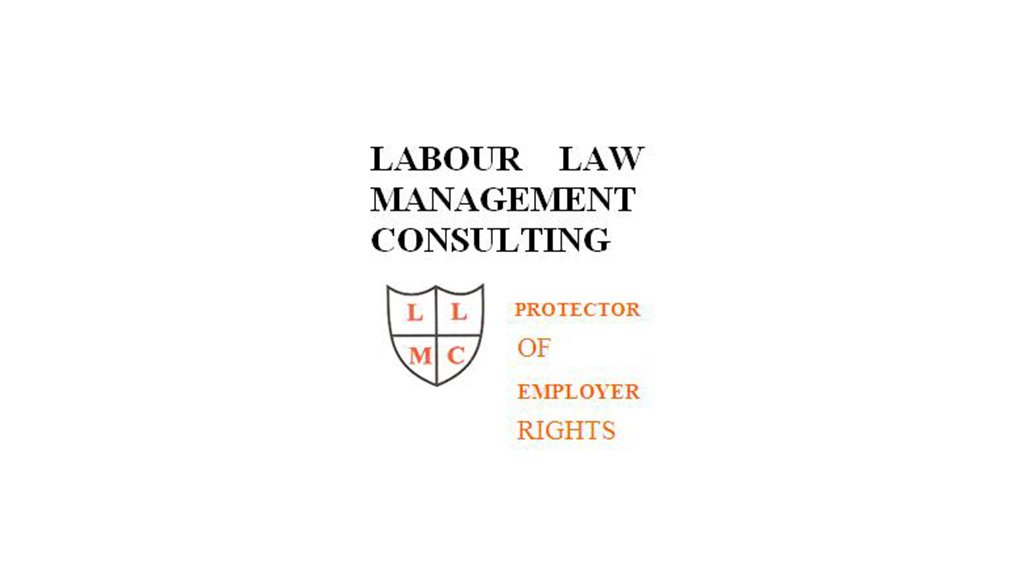Dishonesty in the workplace can take many different forms including:
- Stealing of the employer’s money or other property
- Unauthorised use of employer’s equipment
- False claims of illness as reason for absence from work
- Punching an absent employee’s clock card
- Falsifying of cheques, invoices, quotations or business documents
- Misrepresentation of employment credentials
- Fraud. For example, selling the employer’s merchandise or services and charging the client privately for own gain
- Telling lies to cover up work errors or for other reasons
- Secretly competing with the employer by engaging in own business in the same field
- Receiving bribes
It is a well accepted principle that:
- Employees are expected, as part of their employment contract, to behave honestly and that
- trust is an important element to consider in deciding whether the employment relationship of a dishonest employee should continue.
However, the employer’s right to dismiss the dishonest employee for breach of trust depends on the answers to a number of questions including:
- Was the trust really destroyed?
- Was the position that the employee occupied one where trust was a key factor. For example, did the employee work without supervision or with company funds?
- Was there an alternative corrective measure available short of dismissal?
- Has the employer acted consistently. For example, have other employees, committing similar offences, been dismissed due to the destruction of the employment relationship?
- Did the employee try to cover up the dishonest act with further dishonesty or did he/she immediately own up and show genuine remorse?
It a combination of complex factors that will determine whether breach of trust merits dismissal or not. The CCMA and courts will not always accept allegations of breach of trust as justification for dismissal. For example, in the case of SACCAWU VS OK Bazaars Kimberley (1998, 7 BALR 887) the CCMA found that the dismissed employees had committed serious offences by withdrawing cash from their tills contrary to company rules. However, other employees who had committed similar offences had not been dismissed. This meant that this type of conduct did not result in the total destruction of the trust relationship because the other employees were allowed to retain their employment.
Employers are therefore warned that, before using breach of trust as justification for dismissal, they get expert advice as to whether, in the context of all the facts of the case and surrounding circumstances, such an argument will hold up in court.
To buy our user-friendly e-book entitled Walking the New Labour Law Tightrope go to www.labourlawadvicee.co.za.
Written by lvan lsraelstam, CEO, Labour Law Management Consulting
EMAIL THIS ARTICLE SAVE THIS ARTICLE
To subscribe email subscriptions@creamermedia.co.za or click here
To advertise email advertising@creamermedia.co.za or click here











